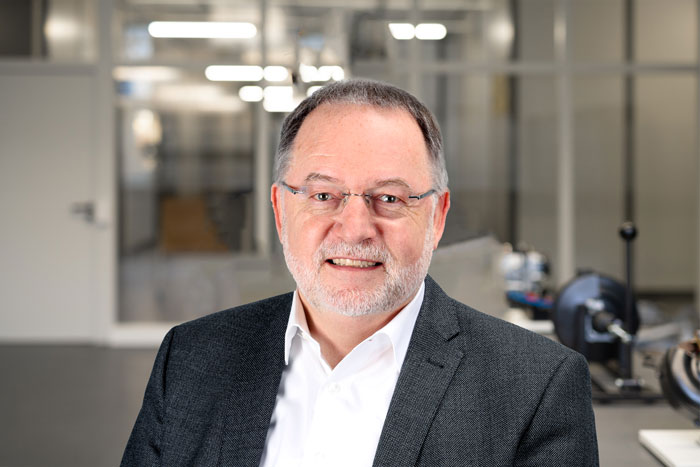Prof. Dr.-Ing. Bernd Bertsche

Reliability Skillset
- University professor and former institute director at the Institute for Machine Elements at the University of Stuttgart
- Founder of the Reliability Engineering Research Department at the University of Stuttgart
- Spokesman of the DFG research group “System Reliability in Early Development Phases
- Head of the VDI advisory board “Reliability Management
- Chairman of the VDI conference “Technical Reliability Conference (TTZ)
- Top expert German Founder’s Prize
- Publication of 9 books, approx. 300 national and international publications
- 4 patents
Vita
Prof. Bertsche began his scientific career as a research assistant at the Institute for Machine Elements in 1984 after completing his studies in mechanical engineering. In 1989 he was awarded a doctorate in engineering by Prof. Lechner. For his dissertation entitled “Zur Berechnung der System-Zuverlässigkeit von Maschinenbau-Produkten” (On the calculation of the system reliability of mechanical engineering products), he received numerous prizes, including the FAG-Kugelfischer Foundation Research Prize and the VDI Ring of Honour from the Association of German Engineers. It was the first research work on the topic of reliability engineering at the IMA.
After completing his doctorate, Prof. Bertsche moved to industry to work for Daimler AG in the field of passenger car development. During his time in industry between 1989 and 1992, several patent applications were filed. Among other things, he was responsible for the “step transmission” group in which the NAG automatic transmission was developed. Before he was appointed to the Albstadt-Sigmaringen University of Applied Sciences, he headed the development project “New All-Wheel Drive Passenger Car”, which is now known as 4-matic.
Between 1992 and 1996, Bernd Bertsche was a professor in the fields of machine elements, design engineering, reliability engineering, operational stability, FEM and fluid technology. In 1996, Prof. Bertsche was appointed to the University of Stuttgart and taught in the area of basic machine design and CAD. In the course of his appointment, he founded the research field of reliability engineering and thus laid the foundation stone of reliability research at the IMA in 1996. In 2000, Prof. Bertsche was finally appointed head of the Institute for Machine Elements, but remained faithful to reliability engineering and research. As Institute Director, he was responsible for the research areas of drive technology, CAD, sealing technology, reliability technology and rail vehicle technology with an average of 55 employees until his retirement. During his time as head of the institute, Prof. Bertsche held various positions in the academic and teaching system, including serving as pro-dean and dean and, since 2010, as a member of the university senate. He was also spokesperson for the DFG research group “System reliability in early development phases” and the Collaborative Research Centre Sfb 374 “Development and testing of innovative products – rapid prototyping”. During his active research period, 9 books, approx. 300 national and international publications and 4 patents have been produced. Prof. Bertsche developed the research areas of reliability engineering to worldwide recognition in a leading position.
In addition to his scientific career, Prof. Bertsche also held numerous high-ranking offices. He was a long-standing member of the DFG review board, head of the VDI advisory board “Reliability Management” within the Society for Product and Process Design, member of the DIN / DKE standardisation committee K 132 “Reliability”, chairman of the VDI conference “Tagung Technische Zuverlässigkeit (TTZ)” as well as top expert of the German Founders Award. In addition, he was the managing director of WiGeP and Technologie-Transfer-Initiative GmbH at the University of Stuttgart for many years and thus a promoter of knowledge transfer. He accompanied 720 start-up projects and 383 founded companies. In addition, as managing director he was responsible for the 59 transfer and start-up centres of the professors as well as 62 transfer and start-up ventures of start-ups.

